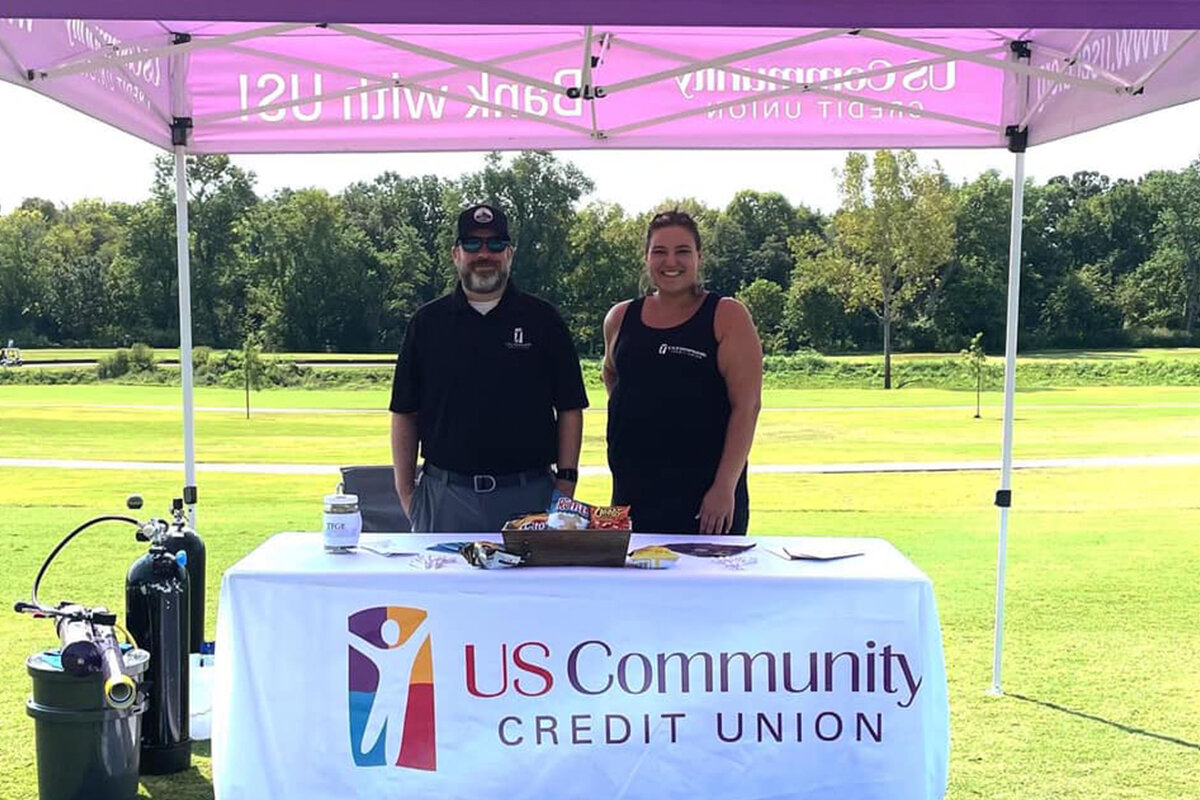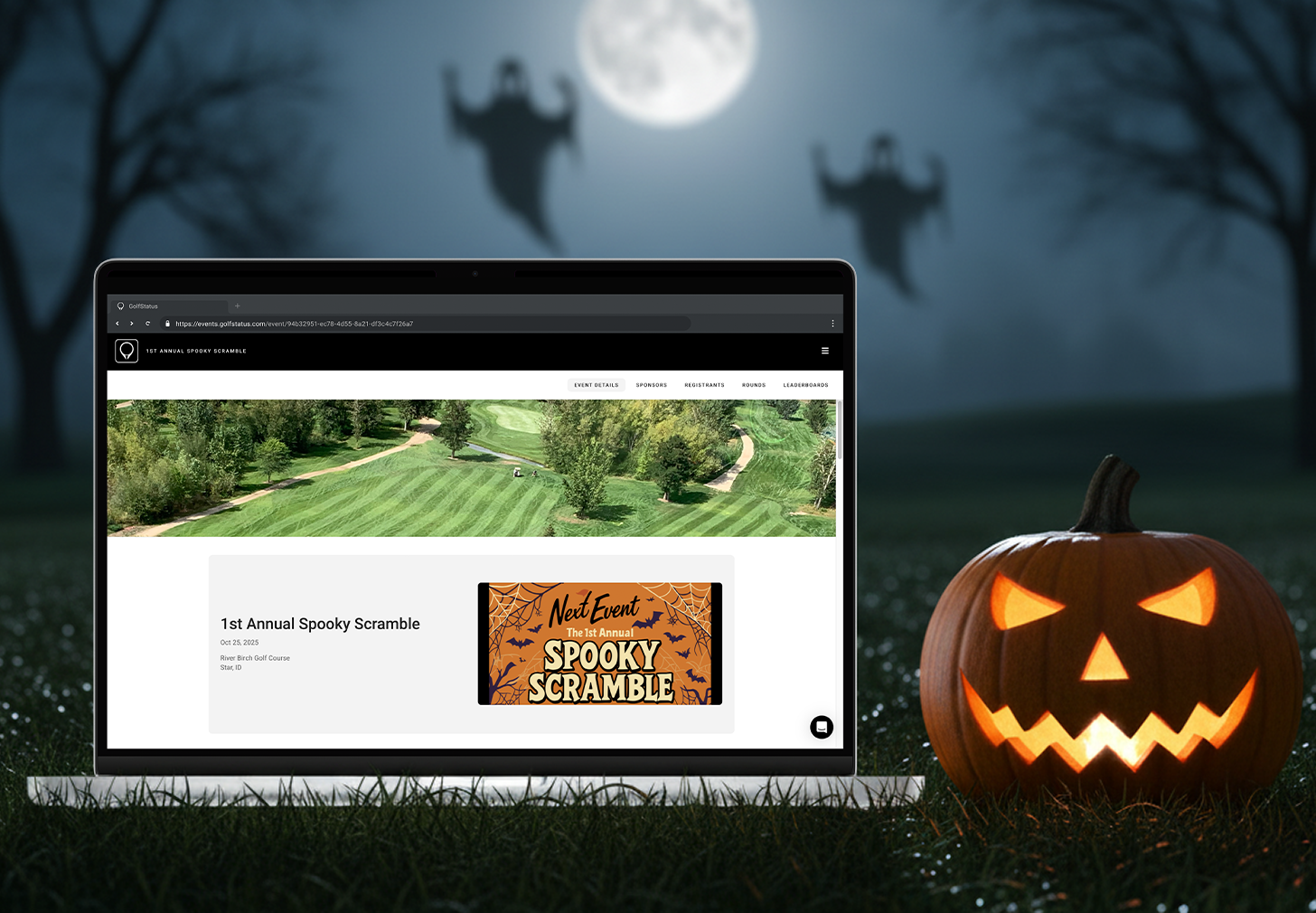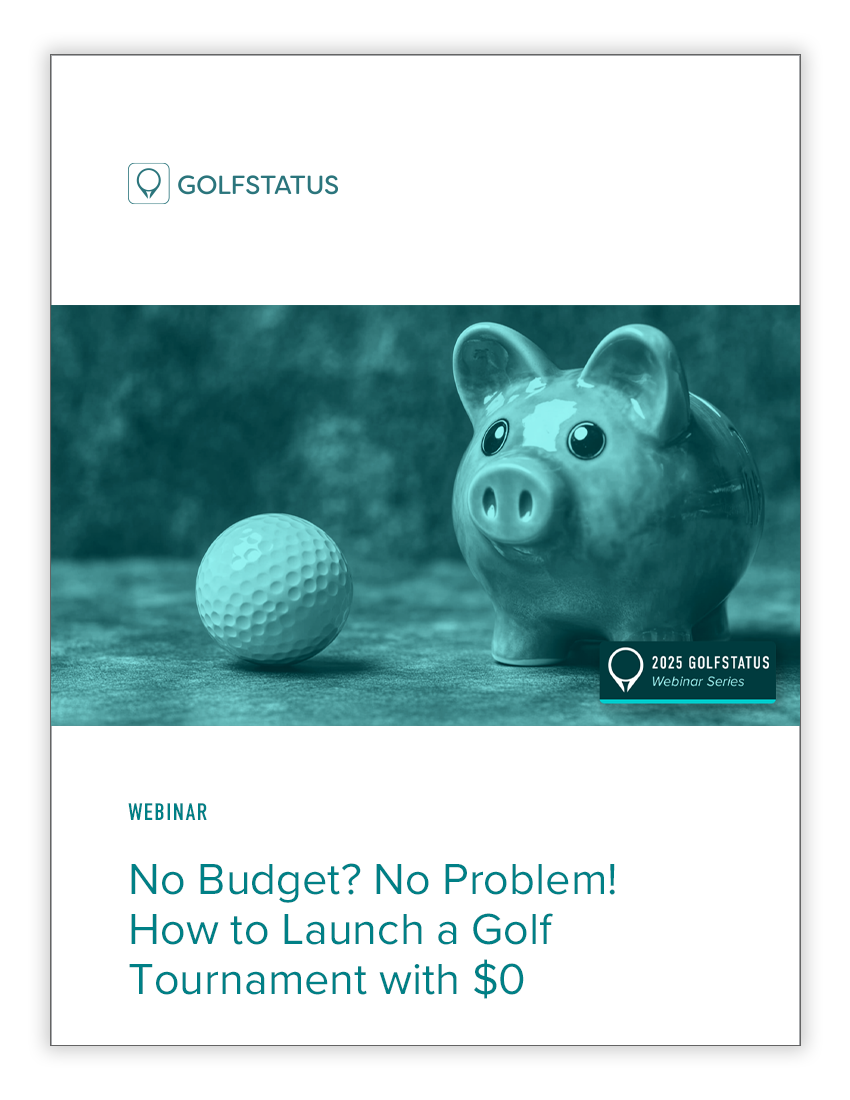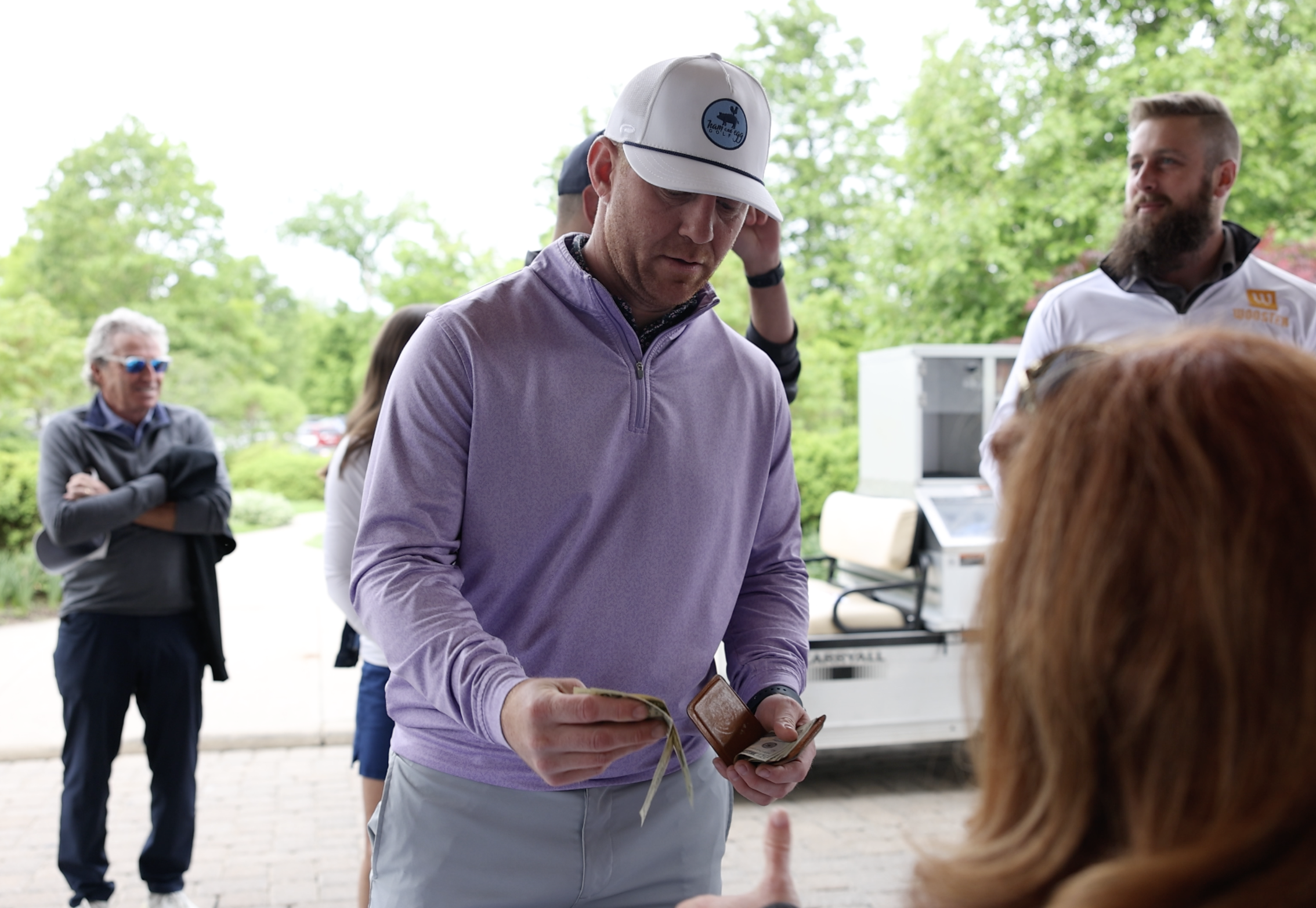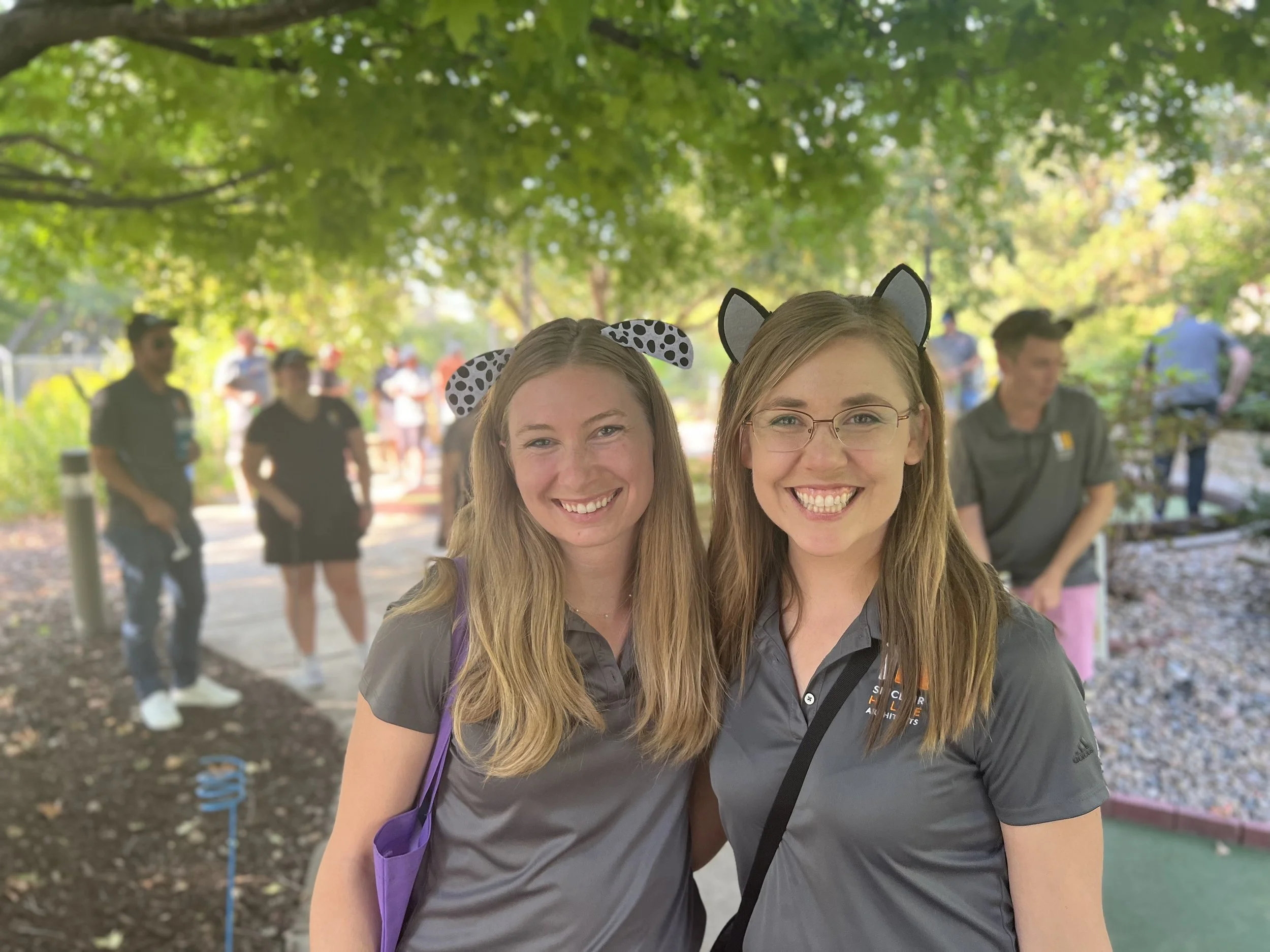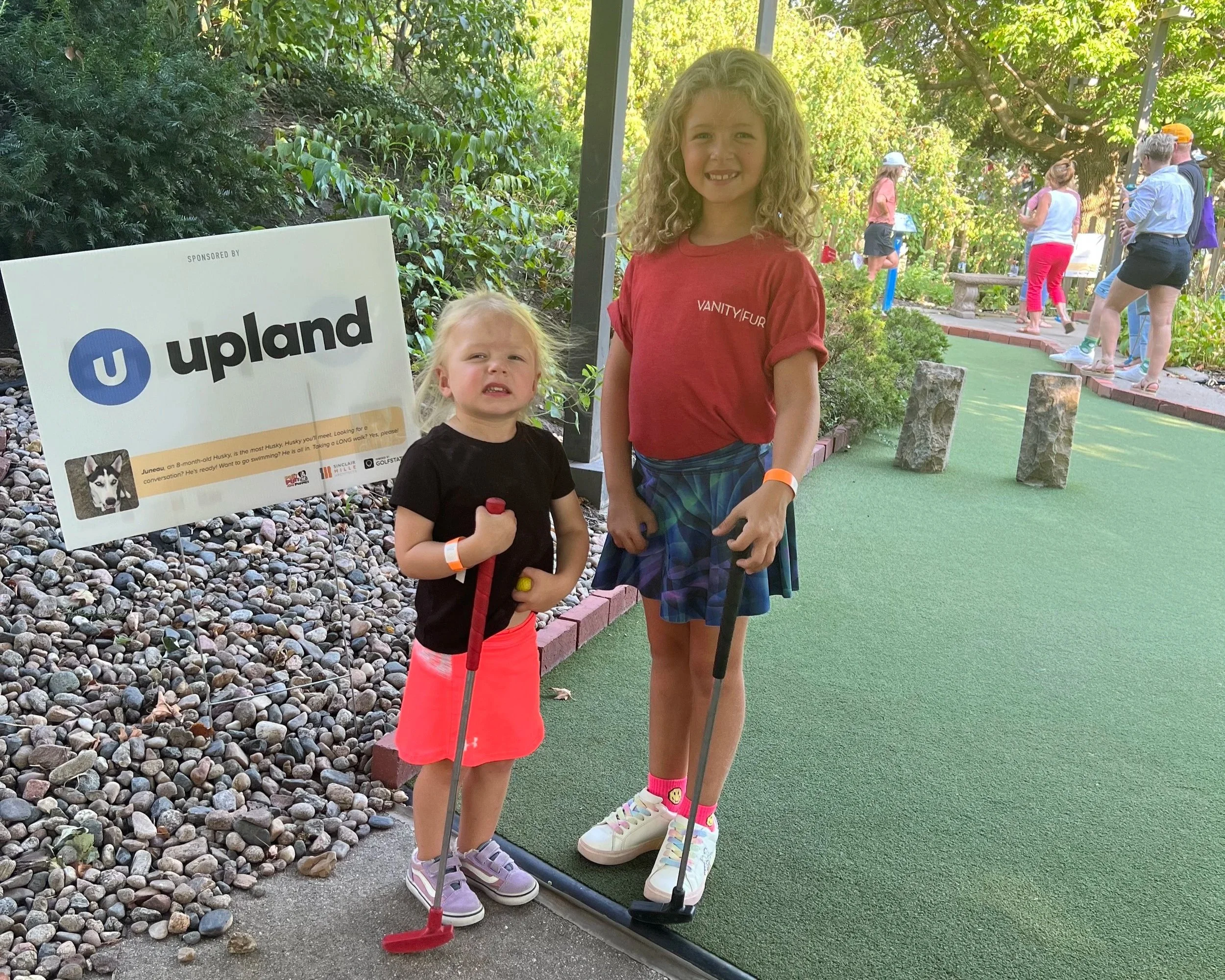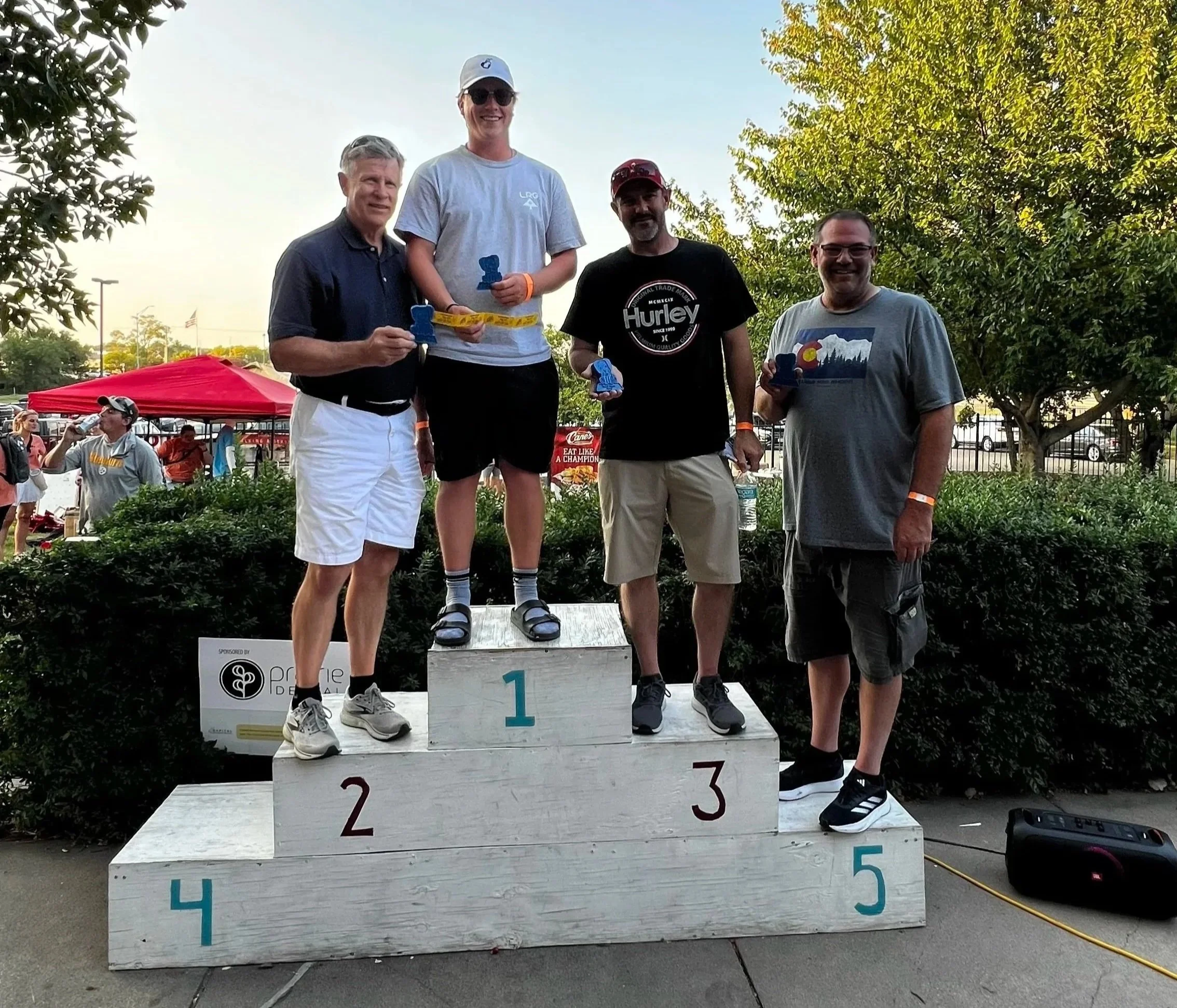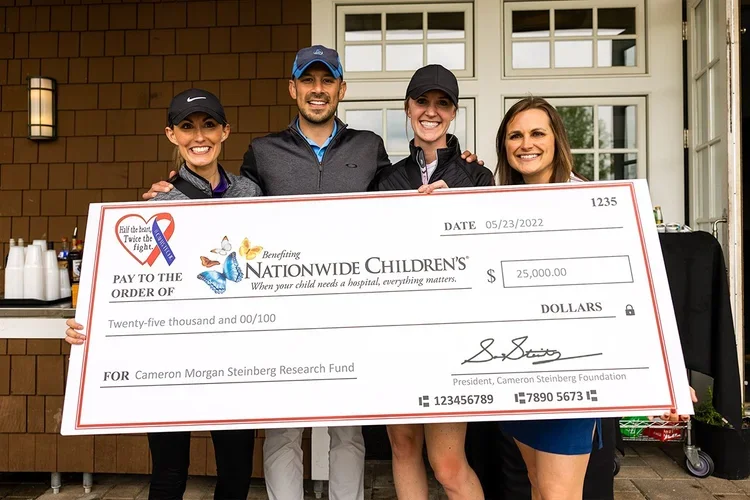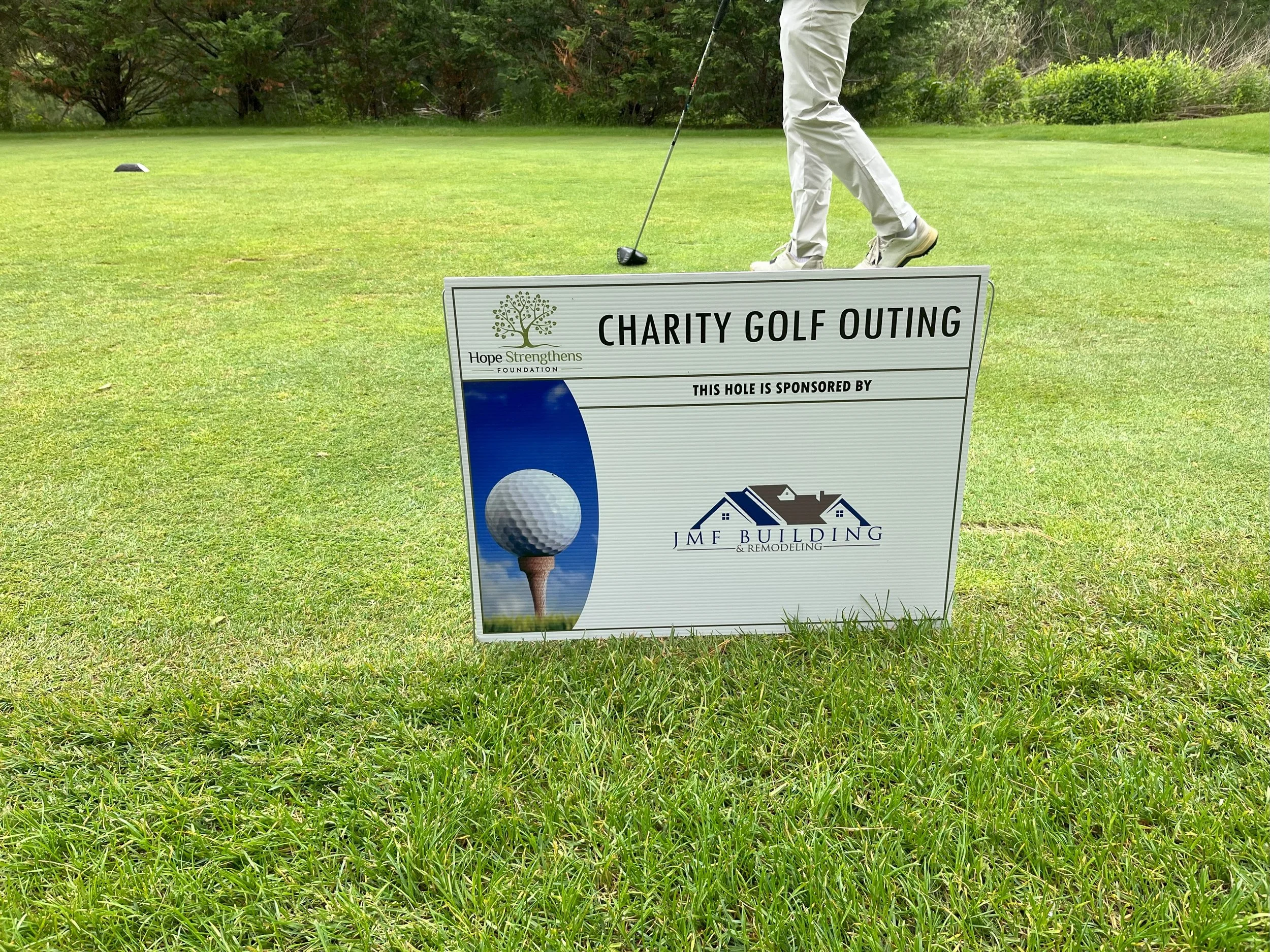Few fundraising events check as many boxes as a charity golf tournament. Golf is unique in that it serves as a powerful business connector, built around relationship-building and strategic networking. Unlike traditional networking events or mixers that last 60 to 90 minutes, golf tournaments provide five-plus hours of uninterrupted face time and engagement, making them one of the most valuable formats in professional member programming. Plus, golf events have the potential to raise significant dollars.
Members love golf tournaments for the opportunity to connect with association decision-makers and industry partners, vendors, and suppliers in an informal setting like the golf course. It removes the stiffness of meeting-room introductions and replaces them with shared experiences, friendly competition, and hours of interaction throughout the tournament.
Start planning!
Download a free golf tournament planning timeline and checklist for a roadmap to a successful golf event. Plug in your tournament date and get a detailed list of to-dos based on your time to plan.
What it is: A golf tournament presents a chance for your members, people from their networks, and member prospects to build connections over a round of golf. Charge a registration fee for teams to participate and sell sponsorships that cover the event’s hard costs, provide in-kind support, and support your association’s mission.
Why it works: Golf’s popularity continues to surge, and golf tournaments provide great engagement and brand visibility for sponsors. Plus, tech makes planning a successful golf tournament easier than ever, making it an all-around great fundraising idea for associations.
Here are four reasons golf events work so well for associations.
1. Generate Non-Dues Revenue
A golf outing is an ideal way to generate non-dues revenue. Whether your outing channels its fundraising dollars solely back into the association or parts them with a nonprofit beneficiary or beneficiaries, fundraising dollars can be collected from registrations, sponsorships, add-ons like mulligans and raffle tickets, on-course games, and other donation asks. The golf event can also be paired with a luncheon, dinner, a more formal gala, or an auction.
2. Improve Association Member Recruiting & Retention Efforts
Golf outings require participants to field a team, which encourages them to reach out to their networks and naturally leads to new member prospects. If membership growth is a primary goal for your organization, let golf event participants know so they can build their teams accordingly. You can also make the event a member-guest-style outing, so teams include both members of your association and non-members (i.e., prospects). Because of the inherent networking value golf events offer, and the fact that attendees tend to genuinely enjoy them, they’re a great way to keep members engaged and invested in supporting your organization year after year.
Golf events hosted by an association are a great opportunity to engage with members and prospects.
3. Forge & Steward Corporate Partnerships
Golf events are great opportunities to secure corporate support and further existing relationships. Golf’s inherent connection to business keeps it on the radars of business professionals and in the sponsorship and marketing budgets of corporate entities large and small. The event itself provides focused exposure to your members, which is a great value to corporate partners looking to sponsor and participate.
4. Build Goodwill & Spotlight Community Efforts
Golf is a fun community event that brings people together to enjoy a great day outdoors. It’s also inextricably linked to charity. As an association, your goals are to align interests and support causes that matter to your members, and you can leverage a golf outing to do both while also building goodwill for your organization and advancing its positive reputation in the community.
If your event benefits a specific cause or nonprofit organization, let players and sponsors know how much of their investments will go to this cause and what kind of impact those dollars make. Not only are you raising mission-critical funds for a great organization, you’re also building your association’s reputation and brand as a whole.
Case Study: Louisville Chapter of ASHRAE
The Louisville Chapter of ASHRAE (American Society of Heating, Refrigerating and Air-Conditioning Engineers) provides education to members, promotes students' interest in HVAC&R engineering and technical fields, raises funds for research, and supports the establishment of engineering standards.
ASHRAE has held a golf tournament for several years as a fundraising event, but also to engage existing members and attract new ones. Sponsors from the HVAC industry have jumped at the chance to sponsor the event each year, thgaanks to the valuable exposure they get to their very specific target audience. Tournament organizers leverage the digital sponsorships provided by the event management platform that offered each sponsor much more visibility. Plus, the fundraiser is centered around an event that both the association’s members and sponsors truly enjoy.
Tips for a Successful Association Golf Event
Reduce staff workload with technology. Association teams are often lean, so manually managing registration, team pairings, sponsorship sales, and coordination can quickly overwhelm staff capacity. Event management tech can automate and streamline prep and planning, freeing staff to focus on member engagement and building relationships with sponsors. Be sure your event has a dedicated website and offers online registration. Association members are busy and expect a simple, sleek way to register for any event. They don’t have time to fuss with forms, checks, and mail-in registrations. Plus, everyone’s online these days; it’s the fastest and easiest way to reach both existing and future members and supporters.
Match your goals with the event’s caliber. Consider the venue, price points, sponsorship options, and other key items as you start planning, and be sure they align with your goals. If your association has the opportunity to attract high-capacity members and big-time sponsors, be sure the caliber of the event is aligned with that opportunity. Be aware that positioning your outing as a high-end corporate entertainment event ensures that members gain substantial value from attending, making them willing to invest in supporting and participating in the event.
Make it inclusive and low-pressure. Choose a scramble format to appeal to golfers of all skill levels. Scrambles remove the intimidation factor for first-timers and ensure healthy competition for seasoned golfers. You might even add a fun theme to the tournament to drive excitement and make it memorable.
Turn up the fun. Incorporate on-course contests like longest drive, closest to the pin, hole-in-one, best-dressed team, or games to boost the fun factor. Add prizes for tournament and contest winners to help increase engagement and give members plenty of shareworthy moments for post-event conversation.
Boost revenue: Build on-course games, challenges, and contests into the tournament. These additional tournament components add more fun, draw additional attendees, offer more sponsorship opportunities, and boost revenue. A hole-in-one contest is a great example—a high-end prize is most certainly a draw for golfers, and you can sell a sponsorship to cover the cost of the hole-in-one insurance in case someone hits the lucky shot.
Offer sponsorships that businesses can’t resist. Your association’s membership is premium access for industry suppliers—and they know it. Corporate partners want visibility with your membership base, making golf tournaments ripe for high-dollar sponsorships. Offer high-end sponsorship opportunities like branded pin flags, hole-in-one contests, hole sponsorships, and tech-based exposure. Provide exposure through physical and digital channels so sponsors get quality, cross-channel impressions that drive tangible results like web traffic and genuine inquiries.
Branded pin flags are a high-end sponsorship that offers unique visibility at your association’s golf event.
Tailor sponsorships to meet business goals. Businesses likely have specific goals or outcomes in mind when it comes to sponsoring events. You can help them meet those goals by working directly with them to create a tailored sponsorship opportunity that’s mutually beneficial and features options for their involvement. For instance, you might offer the chance to mingle with golfers before, during, or after the event. It’s essential to keep lines of communication open and not take a one-size-fits-all approach. Be willing to be flexible and design sponsorships that fit everyone’s needs.
Work With the Golf Fundraising Pros—At No Upfront Cost
The right tech makes golf events easier and more lucrative than ever. GolfStatus’ golf event management platform seamlessly handles everything from registration, payment processing, sponsor onboarding, and digital exposure to team pairings and hole assignments, golfer communication, and promotion. Get started with GolfStatus at no upfront cost and get a free event website, access to Fundraising Specialists, live support seven days a week, and much more. Book a meeting to learn more!






